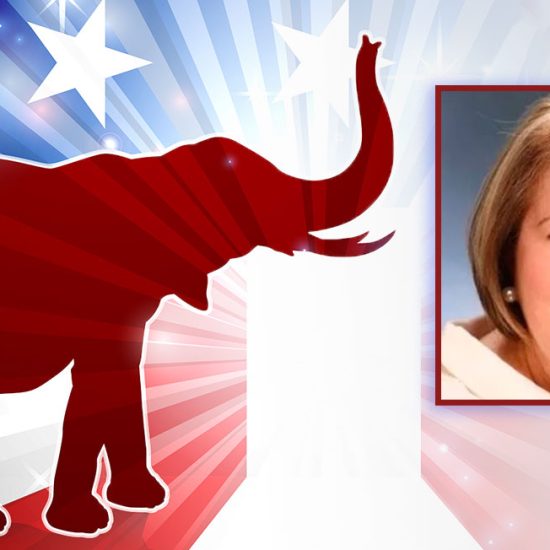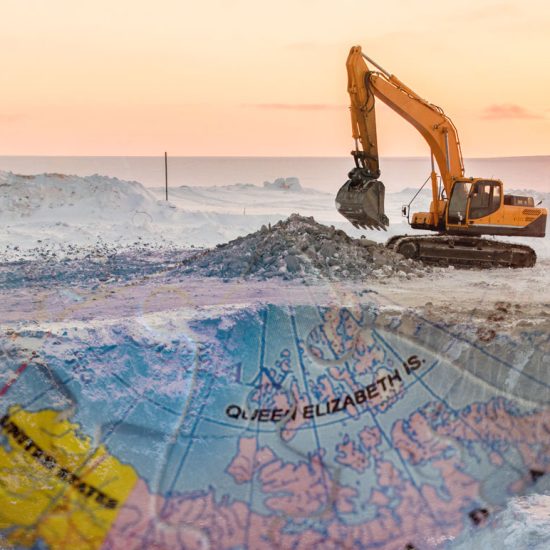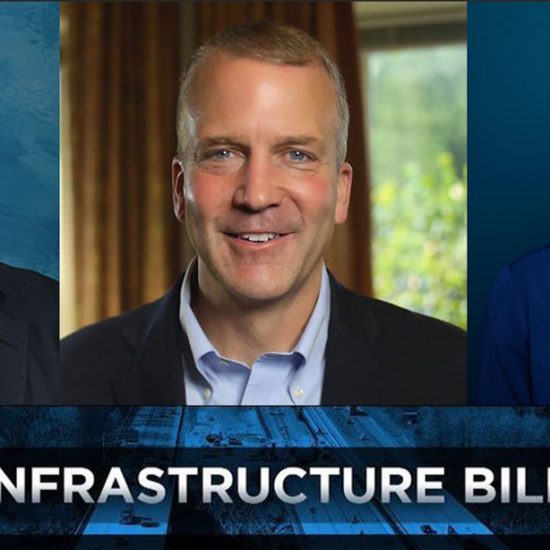Here’s the first part of an excellent analysis of the difficult discussion on the oil revenue picture for the State of Alaska, by Dermot Cole of the Alaska Dispatch News. Excerpts:
Oil taxes and royalties have been the source of about 90 percent of Alaska’s unrestricted general revenues, but with oil prices flagging and production way down, they’re not coming close to matching state spending. Alaska is staring down a $3.5 billion deficit and the state’s long-term prospects are bleak.
One bright spot: Investment income from state savings has shown remarkable resiliency and has overtaken oil-production taxes in their value to the state. But the deficits will require the Legislature to spend down those savings accounts, eliminating any help they could provide. Only one giant savings account is protected by the state Constitution: the Alaska Permanent Fund.
In his State of the Budget address, Gov. Bill Walker had some somber words about the need to adapt.
“If prices stay low next legislative session, we will need to discuss more traditional revenue options.”
The Legislature has so far shown no desire to start discussions on “traditional revenue options,” a euphemism for taxes. Legislators prefer to wait.
While general talk of the need to cut back “some day” is more popular than ever, specific remedies that involve immediate pain in the form of spending cuts or tax increases are less plentiful.
It’s no surprise some lawmakers have invested more time in marijuana regulations and ending daylight saving time than in preparing for the likelihood that, if oil prices don’t rise, the next step will be a giant one off the fiscal cliff.
Legislators are likely to leave Juneau this spring with the state closer to the cliff with no sign of a ramp because none of the exit strategies are painless.
A finance report said new taxes take time to implement and they are “almost universally unpopular with citizens,” which makes them almost universally unpopular with legislators.
“Cut spending first” is a common refrain, but the largest parts of the budget are dedicated to education and Medicaid. Cutting education means increasing class sizes and cutting Medicaid means decreasing services for the most vulnerable members of the population.
What complicates the budget discussion in Alaska more than any other factors is expectations are often wrong, and we remain tied to the world price for a single nonrenewable resource.
The predictions about what might happen with oil prices today may be no more accurate than those upon which the state relied last spring.
One of the most consequential changes is, with the collapse in oil prices and the decline in production, the state is making more money today from investments than oil — complicating the challenge of resource and financial management.
Via adn.com
image credit APEonline












Kurt Henderson / March 16, 2015
This is a great article and covers the spectrum. I’m glad we’re discussing and hoping a true, sustainable plan will be drafted and followed.
/
Kurt Henderson / March 16, 2015
This is a great article and covers the spectrum. I’m glad we’re discussing and hoping a true, sustainable plan will be drafted and followed.
/